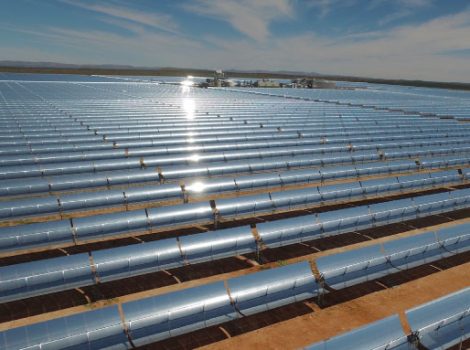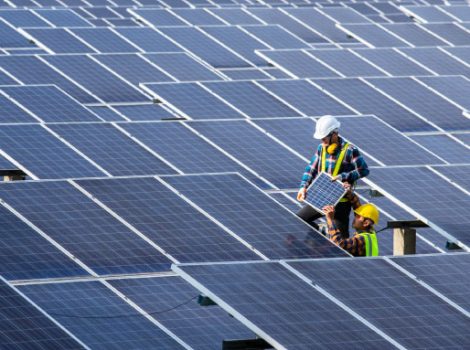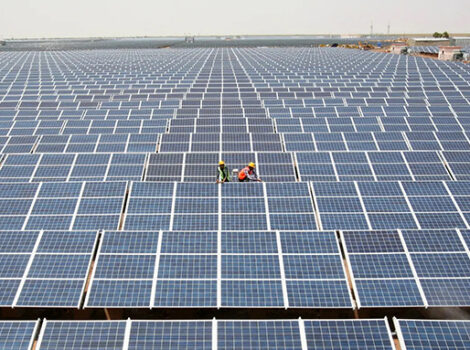Through Okavango Eternal, De Beers is in partnership with National Geographic to address one of Africa’s most critical conservation challenges: protecting the source waters of the Okavango Delta.
A freshwater oasis in the middle of the Kalahari Desert in Botswana, the Okavango Delta is one of the most biodiverse areas in Africa. Home to the world’s largest remaining elephant population, as well as lions, cheetahs, wild dogs and hundreds of species of birds, its source waters are a lifeline for many endangered species, as well as over one million people.
The Okavango Delta itself holds protected status, but the wider Okavango Basin in Angola and Namibia that feeds the Delta does not. This presents an urgent threat to the near pristine waters of the Okavango Delta, as the effects of climate change, population density and commercial agriculture upstream are putting this natural wonder at risk.
De Beers commented in a statement;
“For many years, the National Geographic Okavango Wilderness Project has been working with local communities, NGOs and governments in southern Africa, to help secure protection for the Okavango Basin. De Beers is proud to join National Geographic to support and accelerate these vital efforts, by drawing on our own experience working in partnership with the people of Botswana on conservation and livelihood programmes for over half a century.
Aligned with our Building Forever sustainability framework, our five-year partnership with National Geographic will focus on protecting the natural world and partnering with local communities on our conservation efforts. As a result, we will help provide long-term wildlife corridor protection for endangered species and develop livelihood opportunities for over 10,000 people as well as enable water and food security for over one million people. Over the course of the partnership, we will share updates from the people involved, to raise awareness of the importance and wonder of the Okavango with the world.”
Together with National Geographic, our work will help protect the Okavango Basin for generations to come.



